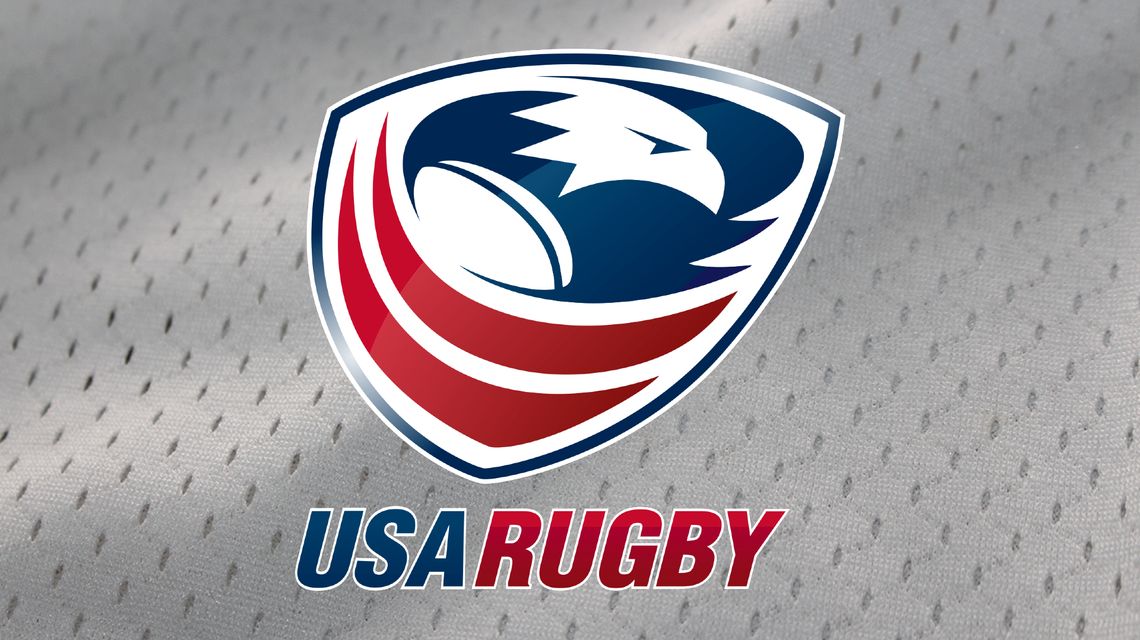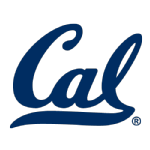
Former UC Berkeley and U.S. Eagle Colin Hawley talks rugby, life after collegiate career
SACRAMENTO, Calif. — Former University of California-Berkeley rugby player Colin Hawley explained one of his first interactions with UC Berkeley head coach Jack Clark on the training paddock.
“What did you say?”
“I said ouch.”
“Go sit on the bleachers.”
Hawley, now a legislative advocate for Arc Strategies, an advocacy group based in Sacramento, California, said that was the most interaction he had with Coach Clark in his freshman season.
Hawley discussed his high school and collegiate career in rugby and how the sport was a springboard into broadcast journalism, where he has appeared on both Fox and ESPN, and the role he played in growing the United States national sevens rugby team.
Hawley grew up outside of Sacramento, California and played rugby at Jesuit High School. Jesuit is a perennial sports powerhouse in the Northern California region and has an especially strong rugby program that regularly competes for state and national championships.
Jesuit also more or less serves a “feeder” school to UC Berkeley, or Cal, due to its strong program history and proximity to the Bay Area. Hawley had a successful high school career before earning a “tag” to go to Cal. His high school career culminated in a high school state championship game. Jesuit lost the game and Hawley, with a chuckle, described his theory as to why.
“We had prom the night before the state championship game,” Hawley said. “A few of us including myself didn’t go to prom, but a lot of the team did.”
Back to Hawley’s first interaction with Cal coach Jack Clark. If there was any resentment between Hawley and the coaching staff at the end of his freshman year, it must have been quickly forgotten. Hawley became a starter in his sophomore year at Cal; winning the national championship tournament MVP.
After losing the national championship game his senior year, Hawley stayed for his fifth year and graduated with a national championship. The team went 26-0 that year, earning Cal their 25th national championship in rugby with Hawley as a co-captain in 2010. He left Cal with four National Championships and four All-American honors.
Hawley’s entrance into the rugby national team began before his college career was over, when he got his first “callup” in 2009. In fact, he and his teammates played a key role in the early years of the United States’ sevens national team.
Rugby union is the more “classic” game of rugby, with 15 players per team and two, 40-minute halves. The faster rugby sevens has only seven players on each team and two, seven-minute halves.
“Rugby sevens is much faster pace than rugby union,” Hawley said. “Sevens’ tournaments are usually done over two to three days with up to three games a day. The seven-minute halves mean more athletic teams that have speed, like Kenya or Fiji, can compete against traditional fifteens rugby union powerhouses like New Zealand or England.”
Hawley talked about his first humbling appearance for the senior U.S. fifteens, or rugby union, national team.
“In rugby, they have a process called blooding; it’s basically letting the younger guys get gametime and experience,” Hawley said. “One of my first games was against the French club Clermont Auvergne in Charleston, South Carolina. I came in for a highball and got flat backed at full speed in front of the U.S. bench. These guys were my heroes and players I had looked up to. My first time in I got absolutely taken out in front of them.”
Thankfully, a tough entry into the Eagles did not hold Hawley back. He scored his first of his 35 international trys for the national team at Twickenham, the home of England rugby and is the 20th all-time try scorer for the USA sevens rugby team. He is one of the few US national team players to play for both the traditional rugby union national team and the national sevens team in their respective world cups.
One of the best experiences Hawley talked about was working out at the Olympic Training Center (OTC) in Chula Vista, California.
“Rugby was a new sport in the Olympics,” Hawley said. “Our team was the ‘new kids’ on the block at the OTC, where some Olympic athletes train. It was the first time we had been in a fulltime training environment, and it was great coming together as a team and making friends with other Olympians.”
Hawley stayed close to the sport after he retired from international rugby. He is a broadcast journalist for the newly formed Major League Rugby and a rugby broadcaster for the Pac-12 network for the past eight years. He credits much of this for being a team spokesman and doing countless radio and television interviews during his playing days.
When asked what he would tell the next generation of rugby players, both in high school and college, Hawley had a simple answer.
“It can help you get into a good school and continue athletics at a very high level,” Hawley said. “You may not make millions of dollars, but there are new opportunities with leagues in the U.S. and playing overseas. … Rugby connects you to an international community that allows you to travel and play rugby. I visited 30 countries by the time I was in my mid-twenties. I wanted to see the world, travel, and play rugby, and I got to do that.”
This is an unedited user writing submission. The views, information, or opinions expressed in this article are solely those of the author and do not necessarily represent those of Best Version Media or its employees.





